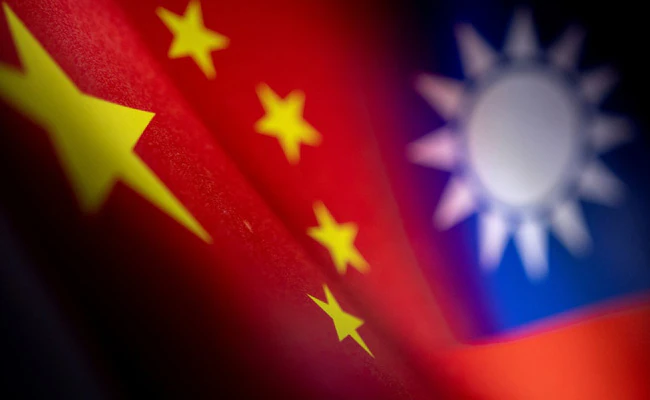BAIDU’S NEW AI CHIP UPS CHINA’S PUSH FOR TECH SELF-SUFFICIENCY

Domestic accelerator targets AI data centres amid U.S. export curbs
Chinese tech giant Baidu has unveiled a new artificial-intelligence accelerator chip as Beijing races to build a homegrown alternative to U.S.-supplied processors restricted by export controls. The chip, known as the M100 and developed by Baidu’s Kunlunxin unit, is aimed at powering large-scale AI inference workloads in data centres, from chatbots to recommendation engines. Company executives say it delivers competitive performance while cutting energy use, a key selling point for cloud providers facing soaring electricity bills from AI deployments. The announcement underscores how China’s leading firms are trying to keep their AI ambitions alive as access to cutting-edge Nvidia hardware narrows.
The M100 launch comes at a sensitive moment in U.S.–China tech relations. Washington has tightened rules on advanced chip exports, while lawmakers in the U.S. debate fresh measures that could further limit sales to Chinese buyers. For Baidu and its peers, that means they must either source slightly downgraded imported chips—or build their own stack from the silicon layer up. Analysts say Baidu’s in-house design will not entirely close the gap with the latest Western hardware, but it could give Chinese firms enough performance to keep training and serving large models for domestic users. It also gives Beijing a poster child for its campaign to achieve “self-reliance” in critical technologies.
Chasing performance, power efficiency and market share inside China
Baidu is positioning the M100 as part of a full AI ecosystem: custom chips, software frameworks and its Ernie large language model platform. Cloud clients are being told they can run more inference tasks per watt and pack more virtual AI assistants into each rack of servers. In practice, early adopters are likely to be state-linked enterprises, financial institutions and provincial government platforms, which are under political pressure to prioritise local technology. If performance benchmarks are close enough to foreign rivals, private-sector internet companies may follow.
There are still serious hurdles. Fabrication of advanced chips requires access to overseas foundries and sophisticated tools that remain vulnerable to sanctions. Chinese designers also need to prove that their chips can handle not only inference but also heavy-duty model training at scale, an area where foreign suppliers still dominate. Yet even partial success would shift the balance of dependence. Every workable domestic chip family means fewer orders for U.S. firms and more leverage for Beijing in future tech negotiations. For now, Baidu’s new silicon is as much a political signal as an engineering milestone: China does not intend to step back from the AI race.




















